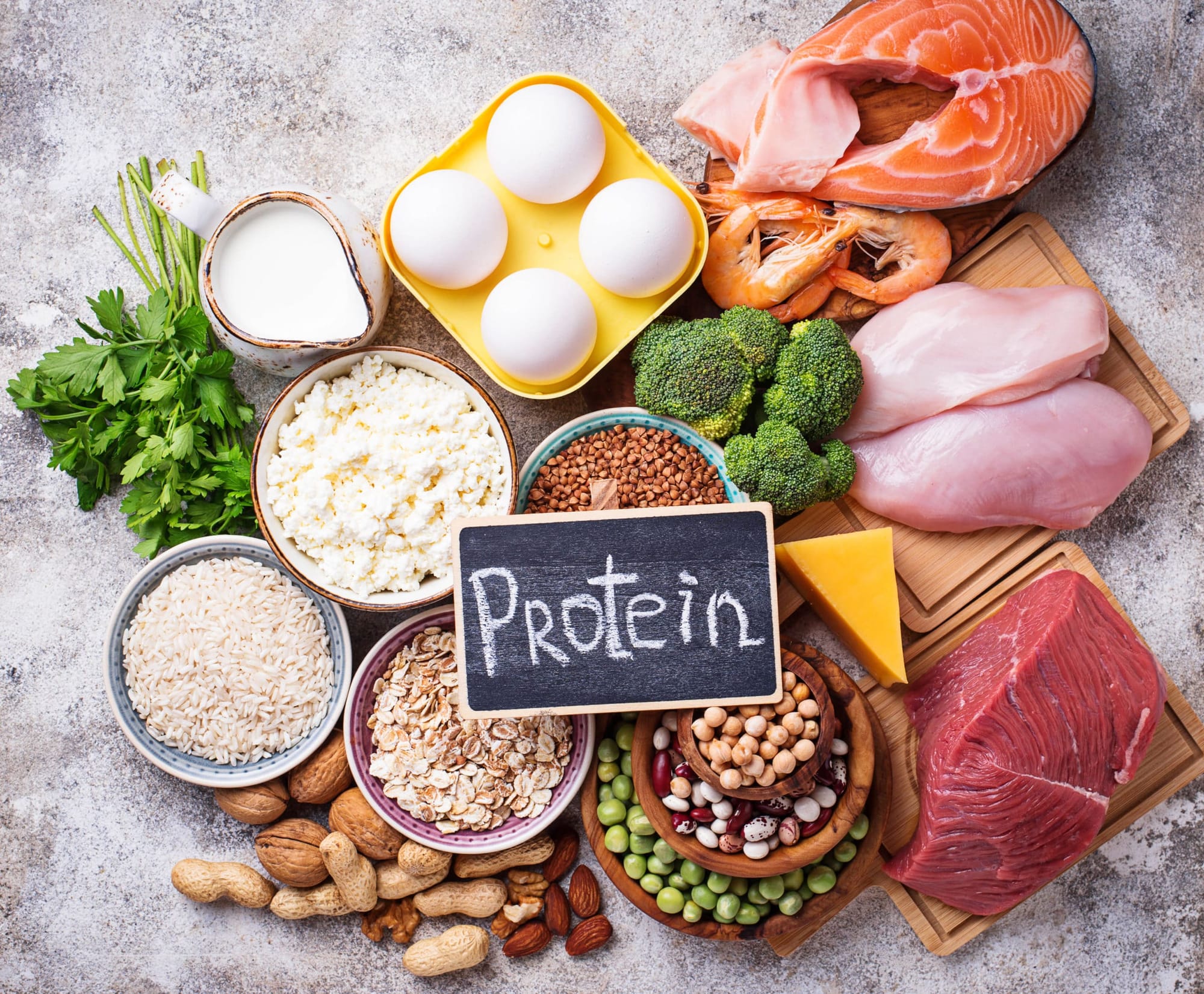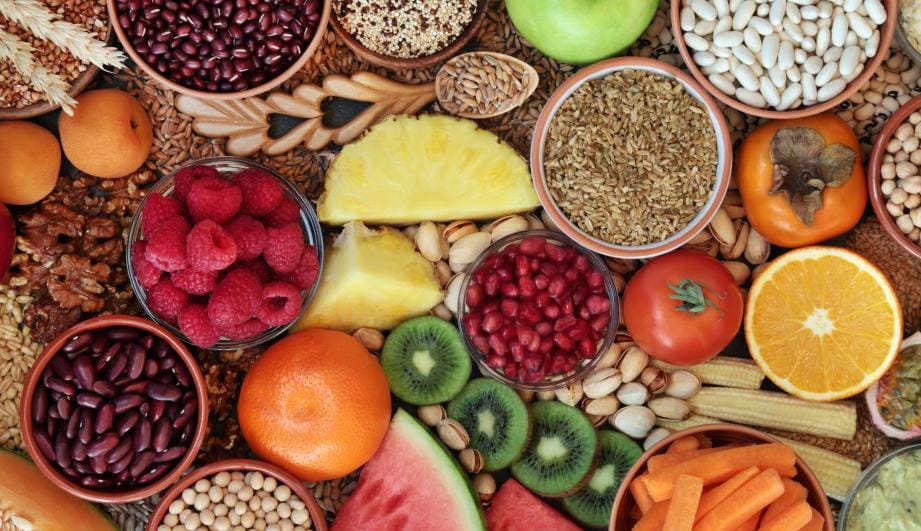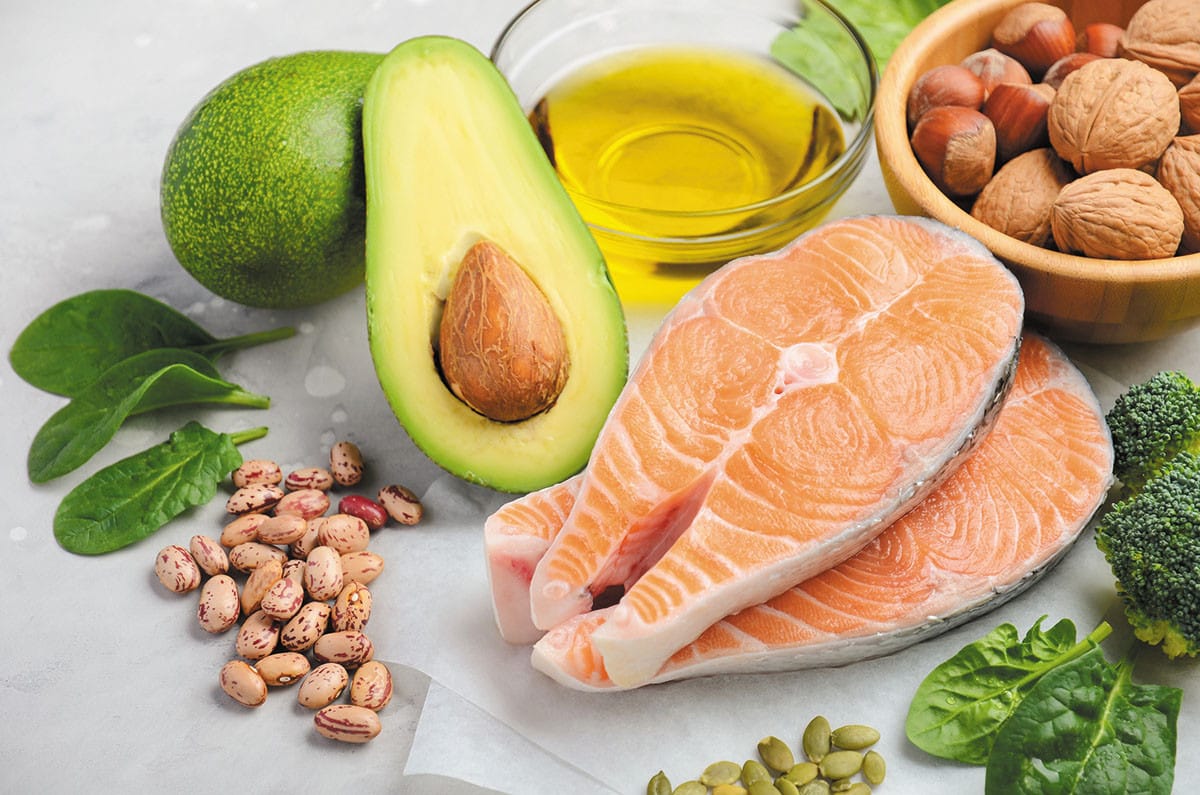Macronutrients: Top Picks and Pitfalls
In this article, we'll demystify the three key macronutrients - proteins, carbohydrates, and fats - and shine a spotlight on top picks and pitfalls associated with each

In the bustling world we live in, maintaining optimal health and well-being is of utmost importance. At the heart of this pursuit lies nutrition, the cornerstone of a healthy lifestyle. In this article, we'll demystify the three key macronutrients - proteins, carbohydrates, and fats - and highlight the top picks and pitfalls associated with each.
Understanding Macronutrients
Macronutrients (macros) are nutrients our bodies require to function optimally. They include proteins, carbohydrates, and fats, each playing a unique role in our health.
- Proteins - The building blocks of muscles, bones, skin, and various body tissues. They also play a crucial role in the production of hormones and enzymes.
- Carbohydrates - The body's primary energy source, fueling our daily activities and workouts.
- Fats - Essential for nutrient absorption, hormone production, and maintaining core body temperature.
Balancing these macronutrients in our diet is vital for maintaining a healthy weight, enhancing physical performance, and promoting overall well-being.


Proteins: Top Picks and Pitfalls
Proteins are indispensable in our diets, but not all protein sources are created equal. Here are some top picks and pitfalls to consider
Top Picks
- Lean meats (chicken, turkey, and beef) - Rich in essential amino acids, B vitamins, and minerals.
- Fish and seafood - Packed with omega-3 fatty acids, vitamin D, and selenium.
- Eggs - A complete protein source with a perfect amino acid profile.
- Dairy products (milk, cheese, and yoghurt) - High in calcium, vitamin D, and protein.
- Plant-based proteins (legumes, nuts, seeds, and soy products) - Excellent protein sources, often accompanied by heart-healthy fats and fibre.
Pitfalls
- Overconsumption - Excess protein can strain the kidneys and liver, and may lead to dehydration or calcium loss.
- Overconsumption of Processed meats (bacon, sausages, and deli meats) - High in saturated fats, sodium, and preservatives can increase the risk of heart disease and certain cancers.

Carbohydrates: Top Picks and Pitfalls
Carbohydrates, often maligned in popular diets, play a crucial role in providing energy for our bodies. Let's explore some top picks and pitfalls:
Top Picks
- Whole grains (brown rice, quinoa, and whole-wheat bread) - Rich in fibre, vitamins, and minerals, promoting healthy digestion and stable blood sugar levels.
- Fruits and vegetables - Packed with essential nutrients, antioxidants, and fibre, contributing to overall health and disease prevention.
- Legumes (beans, lentils, and chickpeas) - A fantastic source of slow-release carbohydrates, protein, and fibre.
Pitfalls
- Overindulging in refined carbohydrates (white bread, pasta, and pastries) - These can cause rapid blood sugar spikes, leading to increased hunger, weight gain, and a higher risk of developing type 2 diabetes.
- Consuming excessive added sugars - in sweets, sodas, and processed foods, added sugars contribute to weight gain, inflammation, and various health issues.


Fats: Top Picks and Pitfalls
Fats, long considered a nutritional villain, are actually vital for our health when consumed in moderation. Here are some top picks and pitfalls
Top Picks
- Unsaturated fats (avocados, nuts, seeds, and olive oil) - These heart-healthy fats help reduce inflammation, improve cholesterol levels, and support brain function.
- Omega-3 fatty acids (fatty fish, flaxseeds, and chia seeds) - Crucial for brain health, reducing inflammation, and promoting heart health.
Pitfalls
- Overconsumption - Excess fat intake can lead to weight gain and increase the risk of heart disease and other health issues.
- Consuming too many saturated and trans fats (found in red meat, full-fat dairy, and processed foods) - These fats can raise cholesterol levels, increasing the risk of heart disease and stroke.
Creating a Balanced Diet
To create a balanced diet, focus on incorporating a variety of nutrient-dense foods from each macronutrient category. Here are some tips for meal planning:
- Portion control - Be mindful of serving sizes to avoid overeating.
- Mix and match - Combine different protein, carbohydrate, and fat sources to keep meals interesting and nutritious.
- Plan ahead - Prepare meals in advance to ensure healthy choices even on busy days.
Avoiding Nutritional Pitfalls
To steer clear of unhealthy eating habits, consider the following guidance:
- Limit processed foods - Opt for whole, nutrient-dense foods whenever possible.
- Stay hydrated - Drink plenty of water throughout the day to support digestion and overall health.
- Practice mindful eating - Pay attention to hunger and fullness cues, and savour each bite.
In this article, we've explored the importance of proteins, carbohydrates, and fats in a balanced diet, and listed top picks and pitfalls associated with each macronutrient. By making informed decisions about your diet and embracing nutrient-dense foods, you'll be well on your way to optimal health and well-being. Go forth and conquer, knowing you're armed with the knowledge to make the best choices for your body.






